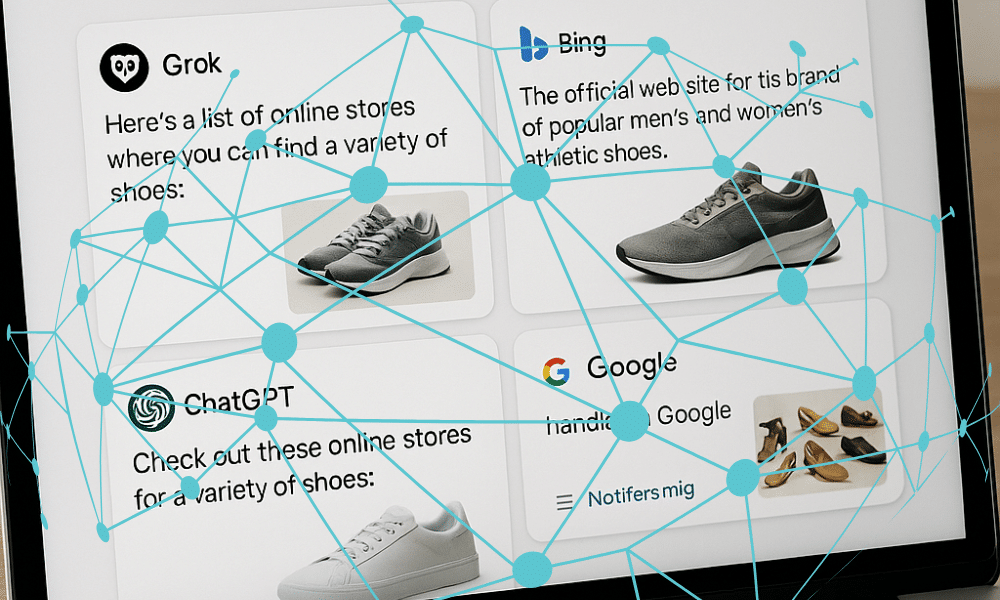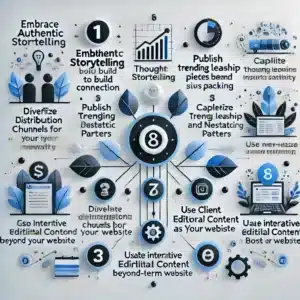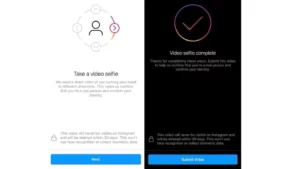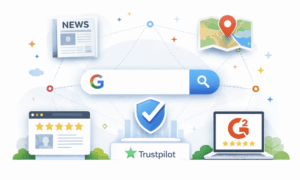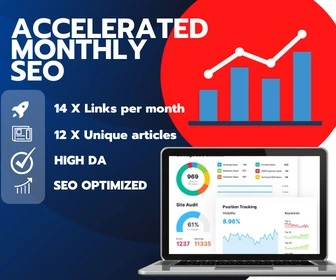In today’s AI-driven digital landscape, brands that rely on outdated SEO tactics or duplicated press releases are becoming invisible. Generative Engine Optimization (GEO) has emerged as the new frontier for digital marketers, brand builders, and growth hackers alike. It’s not just about ranking in search engines anymore – it’s about being cited, trusted, and featured in AI-generated answers across platforms like ChatGPT, Gemini, Copilot, Perplexity, and Grok.
This guide is based on our latest research across hundreds of client accounts and live results. It breaks down what GEO really is, why traditional methods fail, and how to get your brand cited where it matters most.
You will discover:
a) Tactical shift: How and what you need to write about now;
b) Strategic shift: How the overall plan should work from now on.
What is GEO?
GEO (Generative Engine Optimization) is the process of optimizing content for visibility within generative AI engines and answer-based search platforms. Unlike traditional SEO, which focuses on SERP rankings via keywords and backlinks, GEO aims for content to be referenced and used within AI-generated responses.
AI platforms are evolving into primary search tools. In this new reality, users don’t click links – they read synthesized answers. If your brand isn’t cited in the answer, it isn’t seen.
Why Traditional PR and SEO No Longer Work
A harsh truth: duplicated press releases have zero positive impact on GEO. Mass-distribution services that syndicate the same content across hundreds of domains are ignored by generative engines. These systems are built to detect and downrank duplicate content.
Only original, editorially reviewed content stands a chance of citation in AI-generated results. This is why Sitetrail’s NewsPass has emerged as the only scalable, journalistic solution that publishes original PR content in Google News and simultaneously boosts GEO visibility.
Moreover, traditional SEO fails to account for the corroboration networks used by AI. Platforms like:
- X (Twitter): used by Grok to assess relevance and real-time validation
- Reddit and Quora: scraped by ChatGPT and Gemini for public sentiment and user insights
Without representation across these platforms, your content lacks the multidimensional validation AI engines now prioritize.
GEO vs SEO: Key Differences
| Aspect | Traditional SEO | Generative Engine Optimization (GEO) |
|---|---|---|
| Target Platforms | Google, Bing | ChatGPT, Gemini, Perplexity, Grok |
| Goal | Rank in SERPs | Get cited in AI-generated answers |
| Content Type | Keyword-based webpages | Context-rich, editorial content |
| Distribution | Blogs, backlinks | Google News, Reddit, Quora, X |
| Impact of PR | Syndicated press = minimal | Editorial PR = high impact |
How Generative AI Works
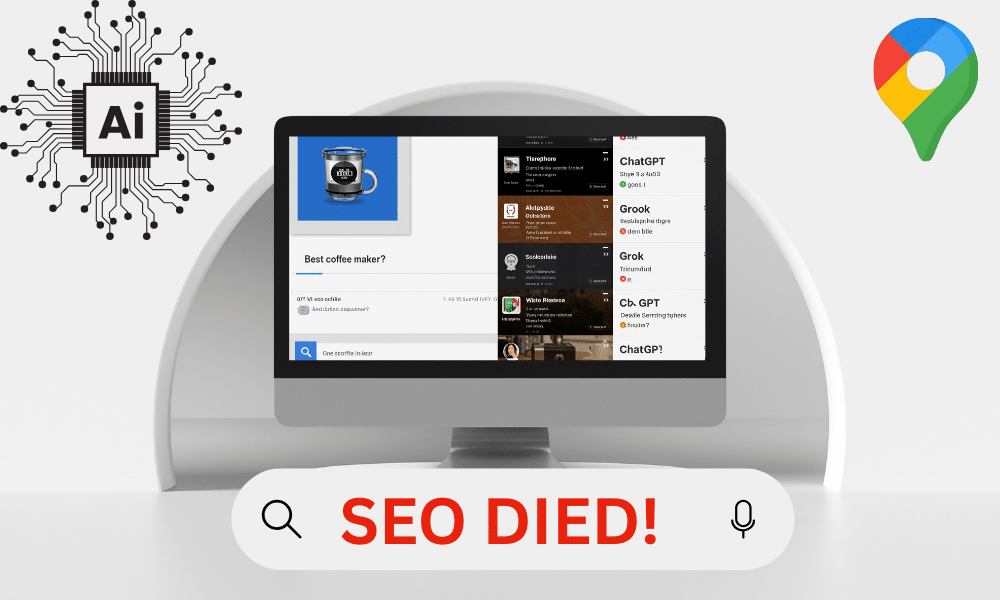
Understanding how generative engines operate is essential for effective GEO:
- Data Crawling: AI ingests data from trusted sources, forums, news outlets, and editorial content.
- Pattern Recognition: It synthesizes patterns in language, context, and citation.
- Answer Generation: It creates contextually rich responses that resemble human writing.
- Corroboration: AI cross-references claims with Reddit, Quora, and X posts.
- Prioritization: Original, high-authority sources are prioritized. Duplicated or promotional content is ignored.
4 Tactical approaches in terms of your writing:
If B2B searches matter to you then what we discuss here is for you. In the age of AI-generated search results, the way you write matters more than ever. Traditional keyword-stuffed blogs and duplicated PRs no longer cut through. To get your brand ranked in “best of” lists and cited in AI answers across platforms like ChatGPT and Gemini, you need a strategic writing pivot—one that blends originality, credibility, and contextual relevance across multiple trusted sources.
1. Prioritize Inclusion in Authoritative Listicles, Not Just Mentions
Generative engines heavily reference list-based content that explicitly ranks or compares providers. If your brand is not part of editorially written “Top 10” or “Best of” lists on credible Google News sources, your chances of being cited in AI responses drop significantly. Unlike traditional SEO, where a well-optimized homepage could suffice, GEO demands that your brand be embedded contextually in comparative frameworks. AI systems like Gemini and ChatGPT are trained to detect structured comparisons — not vague name-drops. This means earning a spot on authoritative lists with clear value-based rankings is now more important than having 100 backlinks pointing to a generic blog post.
2. Craft Entity-Rich Narratives That AI Can Recognize
AI-generated responses pull from structured data and named entities. That means your content should do more than mention your brand — it should build a coherent, entity-focused story. Include precise descriptions of who you are, what you do, your industry category, and any third-party accolades or metrics. When writing articles, don’t assume the AI knows your backstory. Spell it out in a concise, factual tone: “XYZ is a U.S.-based cybersecurity firm ranked among the top 10 by [source].” These entity-rich descriptions become digital fingerprints that AI engines use to identify and validate you during answer generation.
3. Embed Brand Citations Within Human-Centric Questions and Answers
To train on content that resembles real-life user intent, AI systems favor Q&A structures — especially those found in Reddit threads, Quora answers, and Google News editorials that mimic conversational tone. That’s why GEO-focused writing should incorporate human-centric framing like “Which agency is best for…” or “What is the most trusted provider of…” followed by credible, original answers that include your brand. By embedding your company within context-aware answers to real-world queries, you align directly with the formats AI engines seek to emulate, increasing your citation potential during generative searches.
4. Amplify Third-Party Affirmation Across AI-Scraped Communities
Generative engines now triangulate data from multiple online communities to validate brand credibility. A powerful pivot is to spark organic brand discussions across Reddit, Quora, and X (formerly Twitter), where users debate and affirm service quality. GEO content planning, therefore, should include campaigns that encourage third-party validation — whether that’s through AMA threads, founder Q&As, or expert commentary responding to popular threads. Even a few well-placed, thoughtful comments or linked posts can act as corroborative data points that AI uses to confirm that your brand is real, relevant, and worthy of citation when listing top providers.
Why NewsPass is the Only GEO-Compliant PR Solution
You could be using a range of guest posting and outreach methods that will work. However if you think that leveraging conventional PR wires will work, think again because duplication (where each article is NOT unique) will lead to nowhere.
NewsPass is the only publishing system designed for both editorial inclusion in Google News and citation within generative engines.
- 100+ news brands
- Original content only (no duplication)
- Indexed in Google News and visible to AI engines
- Monthly subscriptions (instead of per-post costs)
While other PR services focus on quantity and reach, NewsPass focuses on editorial authority, originality, and syndication within the AI ecosystem.
Strategic Shift – Action Plan for GEO Success:
- Switch to NewsPass for scalable, editorial PR
- Publish on platforms indexed in Google News
- Engage on X, Quora, Reddit
- Focus on entities, citations, and originality
- Track AI citations monthly
GEO Content Strategy: What Works
To be cited by ChatGPT, Gemini, or Grok, content must:
- Be editorially original
- Use natural, context-aware language
- Include cited sources and statistics
- Have presence across Reddit, Quora, and X
- Be published on domains indexed by Google News
Best Practices:
- Entity Optimization: Ensure brand names, products, and key figures are clearly defined.
- Topical Authority: Create long-form, comprehensive resources that fully explain your niche.
- Cross-Platform Distribution: Don’t rely on your site alone. Engage in platforms where AI trains its models.
Performance Metrics for GEO
GEO requires a new kind of tracking:
- Citation visibility: Are your URLs or brand names appearing in AI responses?
- AI-referral traffic: Are visitors coming from ChatGPT or Perplexity?
- Content inclusion: Is your editorial content being summarized or referenced?
The Future of GEO: AI Will Become the Default Search Tool
With a projected 50% drop in traditional organic search traffic by 2026 (Gartner), brands must shift now. Already in 2025 – 30% of B2B searches start in AI
AI search will:
- Pre-emptively answer questions
- Personalize responses based on user behavior
- Integrate with voice and visual queries
Brands that fail to adapt will become invisible.
Final Takeaway: Press Releases Don’t Work Unless They’re GEO-Compliant
If your brand is still distributing the same release across 200 websites via wire services, you are:
- Burning budget
- Failing to improve SEO
- Getting zero impact on GEO
The only path forward is editorial-grade, original content – and of course, tweak the types of content you release, in line with what we discussed here. Happy optimizing!
